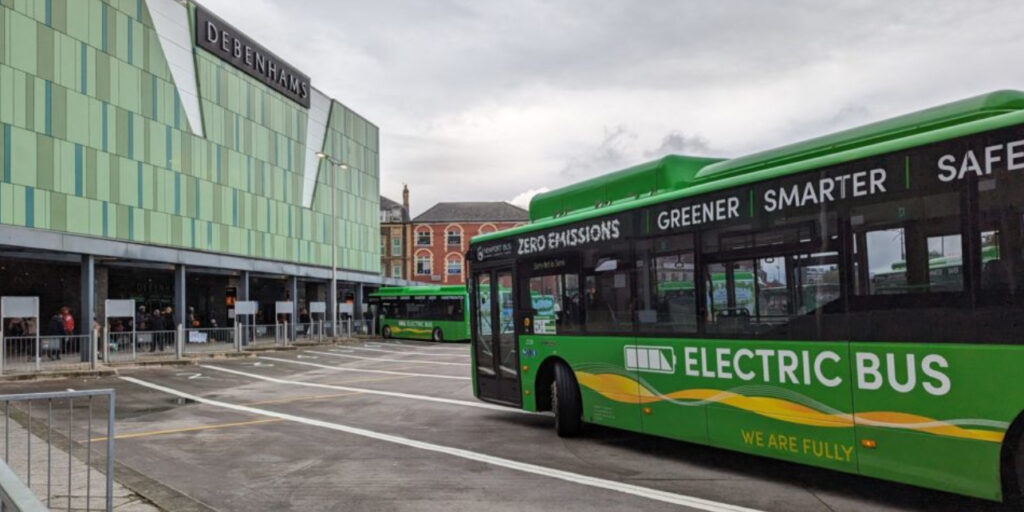Wales has lost more than 20% of its bus passengers since before the Covid-19 pandemic, with train reliability still falling short in some areas, a Senedd committee has found.
The Climate Change, Environment and Infrastructure Committee’s annual report on Transport for Wales (TfW) reveals that, by March 2024, bus passenger numbers in Wales were only 78.3% of pre-pandemic levels, compared to 89.5% across Great Britain.
The committee has urged TfW and the Welsh Government to pinpoint the reasons behind the slower recovery in Wales compared to England and Scotland.
They recommend that TfW put measures in place ahead of the upcoming bus franchising model, which is set to reshape services across Wales.
The report highlights that while fare-paying passengers have largely returned, concessionary travel numbers remain low. This contrasts with England and Scotland, where schemes like capped fares and free travel for young people have encouraged higher ridership.
TfW’s chief executive, James Price, explained that Wales’ historically higher proportion of older bus users and the shift towards online services during the pandemic had reduced demand. He also pointed out that Wales, with fewer large urban areas, faces unique challenges and has yet to implement aggressive bus planning seen elsewhere in the UK.
However, he remains optimistic that bus franchising could boost passenger numbers if services become more reliable and user-friendly, supported by simpler ticketing systems.
The committee stressed the urgent need for TfW and the Welsh Government to act, especially as Wales prepares for bus franchising. They welcomed TfW’s progress on integrated ticketing but noted that the full benefits would not be felt until franchising is fully rolled out. Special attention must also be given to rural and long-distance services to ensure fair access across Wales.
The report also backs the introduction of tap-in, tap-out payment technologies for concessionary fares and calls for updates on the work being done with Corporate Joint Committees (CJCs) on Regional Transport Plans.
The committee raised concerns about local authorities’ ability to manage these plans due to a shortage of transport planning expertise.
As extreme weather events become more frequent, the committee called on TfW to update its resilience plan. Flooding, particularly along the North Wales Main Line and Hereford routes, remains a major issue. TfW is being urged to work with Network Rail and landowners to develop stronger flood defences.
On rail services, the committee expressed deep concern over delays in the delivery of new trains. TfW has faced setbacks as manufacturers failed to meet agreed deadlines, impacting services and the public purse.
The committee suggested that TfW should consider government intervention if necessary to speed up the rollout.
In terms of performance, Transport for Wales had shown improvements in punctuality and reliability early in the financial year, but these gains have since plateaued.
James Price explained that Core Valley Lines (CVL) services had been relatively stable, whereas Wales and Cross-Border (WCB) services suffered from disruptions caused by extreme weather events, including flooding and infrastructure damage.
Another challenge has been a shortage of new train units from the rolling stock manufacturer CAF, leaving TfW around four trains short per day. Although this has not led to widespread cancellations, it has affected the quality of service.
Price also highlighted that current performance measures do not always reflect the real-world impact on passengers, especially in rural areas where train services are less frequent. TfW is working on developing new performance metrics tailored to the differing needs of urban and rural routes.
The committee concluded that sustained action is needed to address these issues and deliver a reliable, accessible transport network for Wales.


